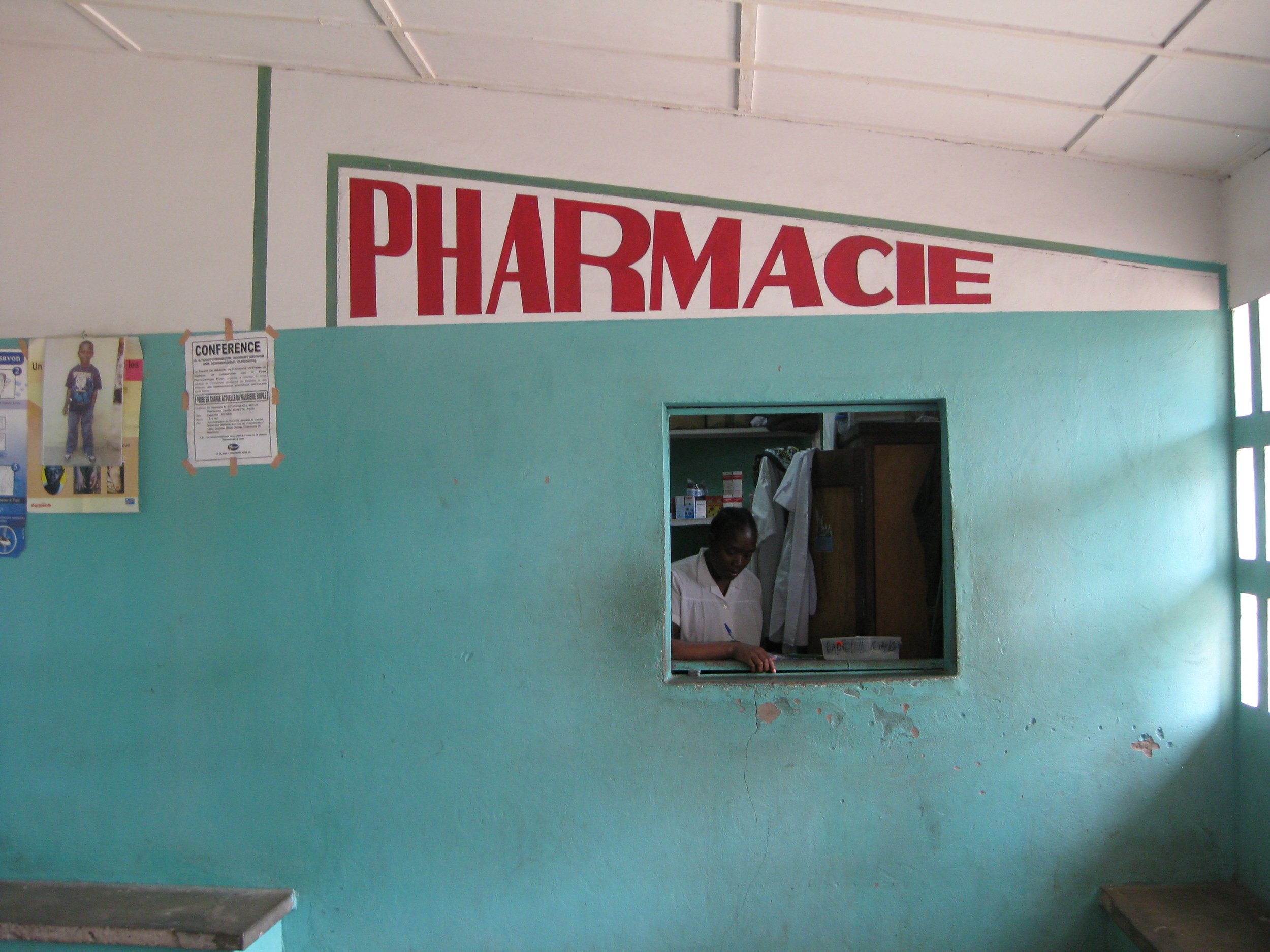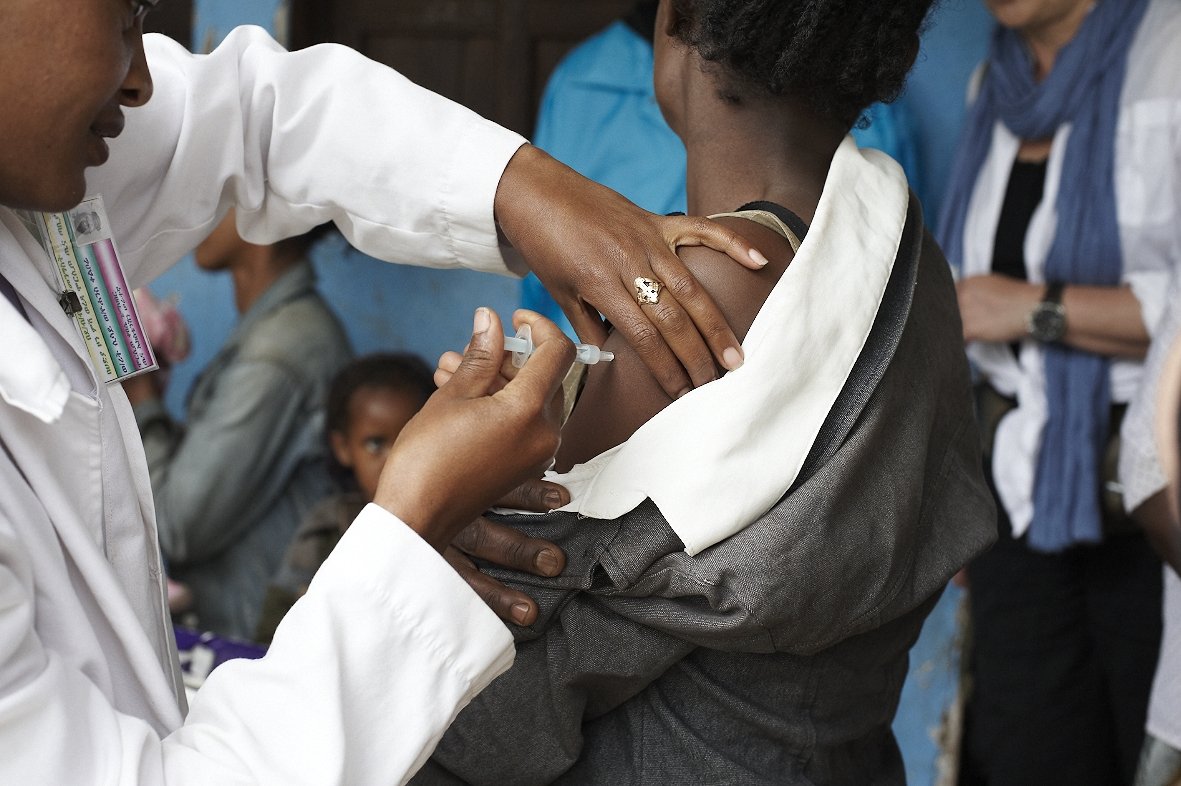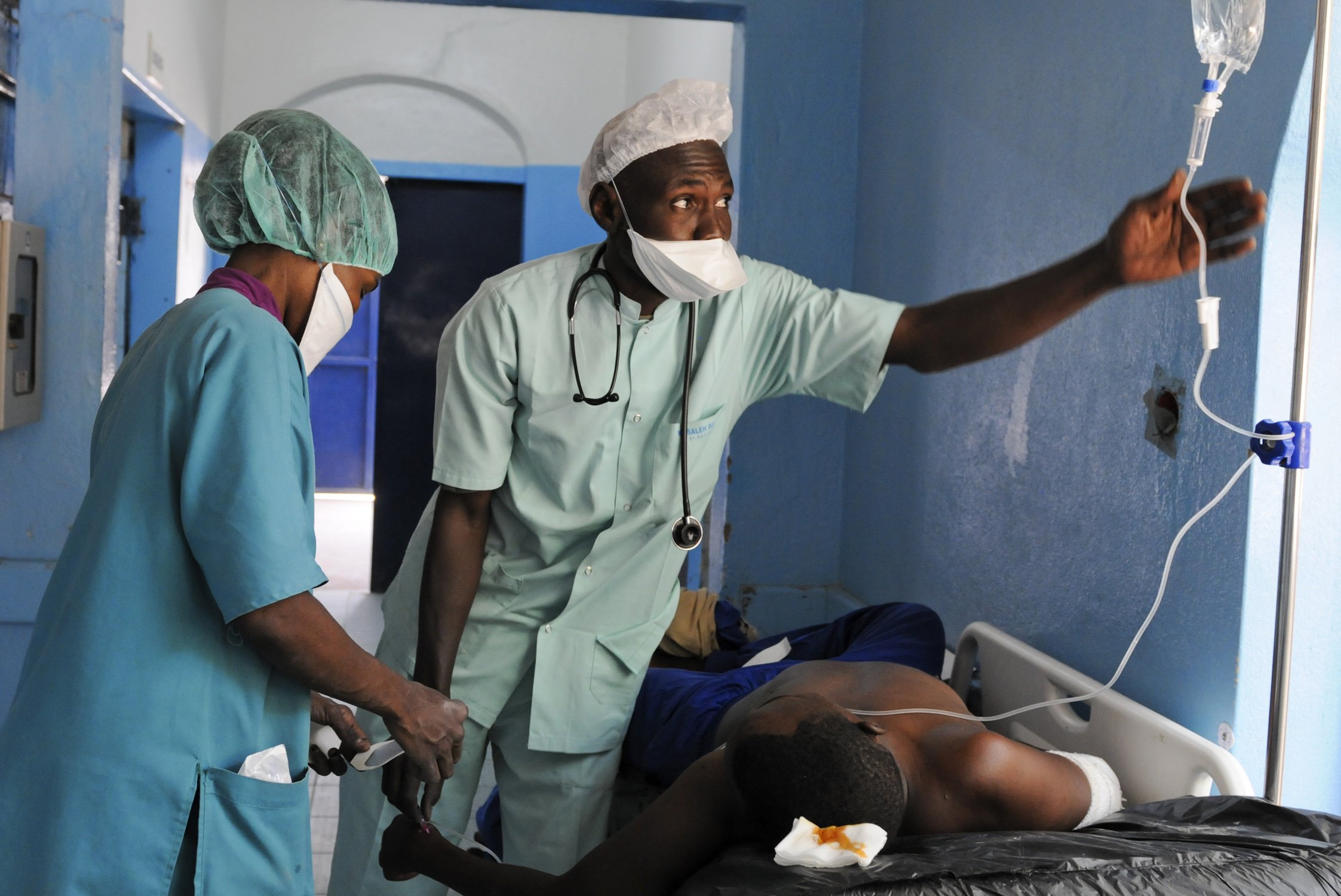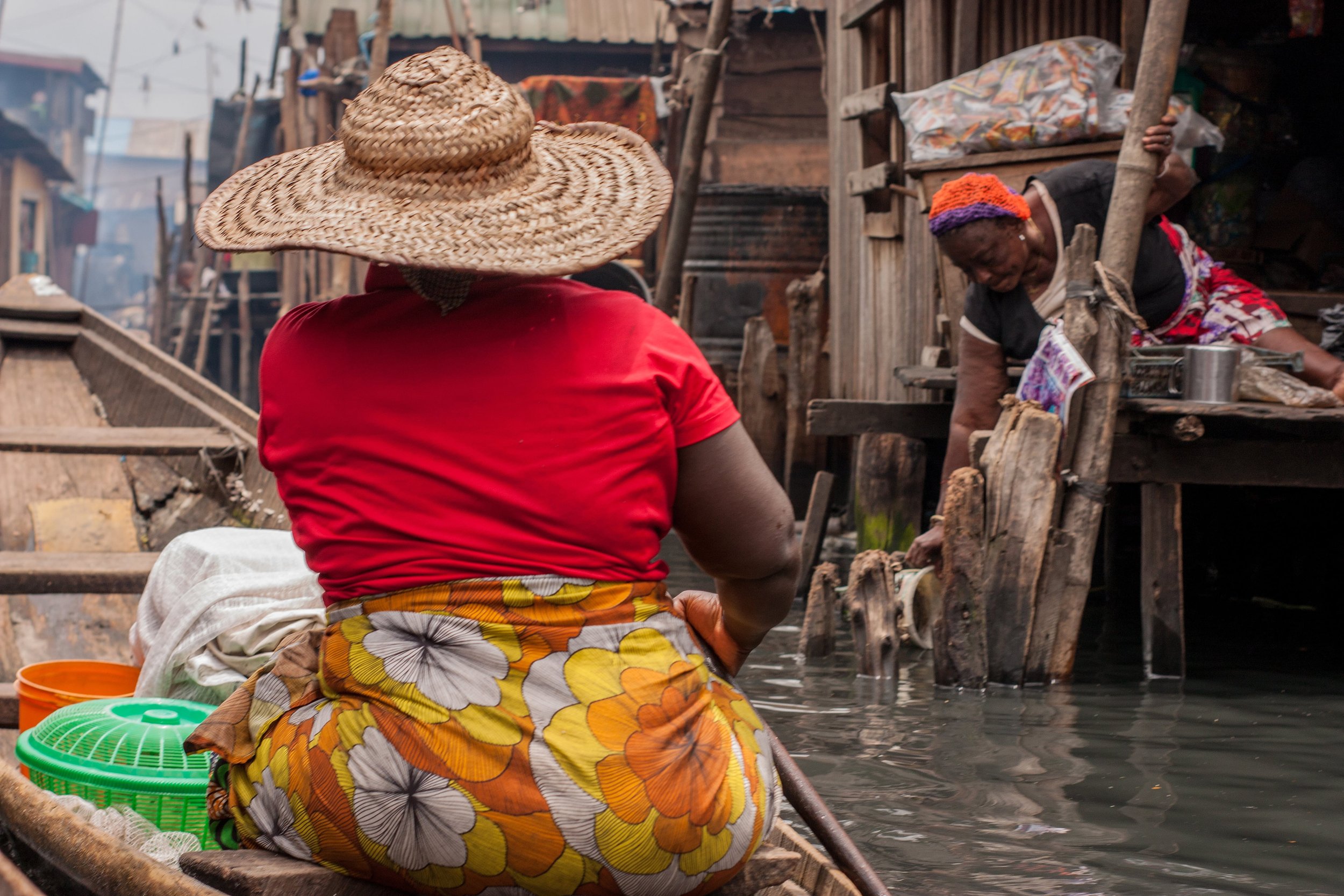Global Health Unfiltered Blog

Ethiopia Didn't Meet its Trachoma Goal by 2020. Now What?
For those living in southern rural regions of Ethiopia, experiencing excruciating eye pain, resorting to plucking out eyelashes as a means of temporary relief, traveling for kilometers often on foot, and even being sent home with nothing but eyedrops is not the exception of what treatment for trachoma looks like but the norm.

Why Cameroon Should Take Action Against Hepatitis B
Blake Zuwui's story sheds light on the formidable barriers to Hepatitis care and treatment in Cameroon: the scarcity of testing, the pervasive ignorance about the disease, and the prohibitive costs associated with screening, diagnosis, and care. These obstacles are not insurmountable; they demand targeted solutions and a collective resolve to dismantle them.

Le Secteur Pharmaceutique Privé: Un Axe Négligé Dans la Lute Contre la Résistance aux Antimicrobiens en Républic Démocratique du Congo
Dans les couloirs de la santé publique en République Démocratique du Congo, un ennemi silencieux mais redoutable s’infiltre : la résistance aux antimicrobiens (RAM). Ce phénomène, qui menace l’efficacité des traitements contre les maladies infectieuses, est exacerbé par l’utilisation abusive et irrationnelle des antimicrobiens.

Antimicrobial Resistance; the next global health challenge
Imagine a future where the simple act of taking antibiotics could be futile, where common infections once easily treated become life-threatening. This is not a distant dystopia; it’s a reality we are inching towards every day due to antimicrobial resistance (AMR). By 2050, AMR could claim 10 million lives annually, surpassing the death toll of diseases like HIV and malaria.

From Coverage to Equity: Rethinking Gender in Immunization
While vaccination rates for girls and boys may appear similar, a closer look reveals a different story. Gender roles, norms, and access to resources create a web of barriers that disproportionately impact women, girls, and marginalized communities.

A Global Call to Arms Against Antimicrobial Resistance
A 2019 report by the Institute for Health Metrics and Evaluation reveals a staggering 1.27 million deaths directly linked to drug-resistant infections, with the highest mortality rates in sub-Saharan Africa and South Asia. The culprit? Misuse of antibiotics and a lack of awareness about AMR among both the public and healthcare professionals in LMICs.

A Zambian Boy, a Paper cut, and the World We Should Build
In 2019 alone, an estimated 4.95 million deaths were associated with bacterial AMR, with Sub-Saharan Africa bearing the brunt of this burden. AMR threatens to push us into a terrifying future where once-treatable infections become untreatable.

Revitalizing Leprosy Control in Nigeria: A Call to Action
Despite its ancient history, leprosy, or Hansen's disease, remains a powerful force, causing irreversible disabilities affecting the skin, peripheral nerves, and respiratory tract. Commendable past efforts, including establishing the National Tuberculosis and Leprosy Control program in 1989, brought leprosy to the brink of eradication by 2000.

Antimicrobial Resistance in African Slums
The battle against Antimicrobial Resistance in African slums is about safeguarding the future. It's about ensuring that a situation like Nneka's does not repeat itself. We must ensure that antibiotics and other antimicrobial agents remain the shield against every infection.

A Unified Front: Early Detection and Prevention of Pandemics Through One Health Surveillance
Current pandemic responses often fall short due to fragmented surveillance systems focused solely on human health. This approach fails to capture crucial insights from animal populations, neglecting a vital piece of the puzzle. Additionally, delayed responses, fueled by bureaucratic hurdles or inadequate surveillance infrastructure, can significantly amplify outbreaks, as tragically exemplified by the Ebola epidemic.

Antimicrobial Resistance: The Silent Global Health Threat
The World Bank estimates that AMR could cost the world an additional $1 trillion in healthcare expenditures by 2050. Even with new antibiotics being developed, the emergence of resistance continues, rendering them ineffective. This begs the question: what actionable solutions can we implement to address this silent threat?

The Devastating Impact of Misdiagnosed and Delayed Tuberculosis Treatment
One look at my Chest X-ray and her mouth went agape. “She has TB,” she declared, “which has caused quite a lot of damage to the chest.” My mother, the strongest woman I know, was visibly shaken.

Can We End Tuberculosis?
This year’s World TB Day (24 March 2024) theme is ‘Yes! We can end TB!’. It conveys a message of hope that getting back on track to turn the tide against the TB epidemic is possible. The emphasis is on turning commitments into tangible actions.